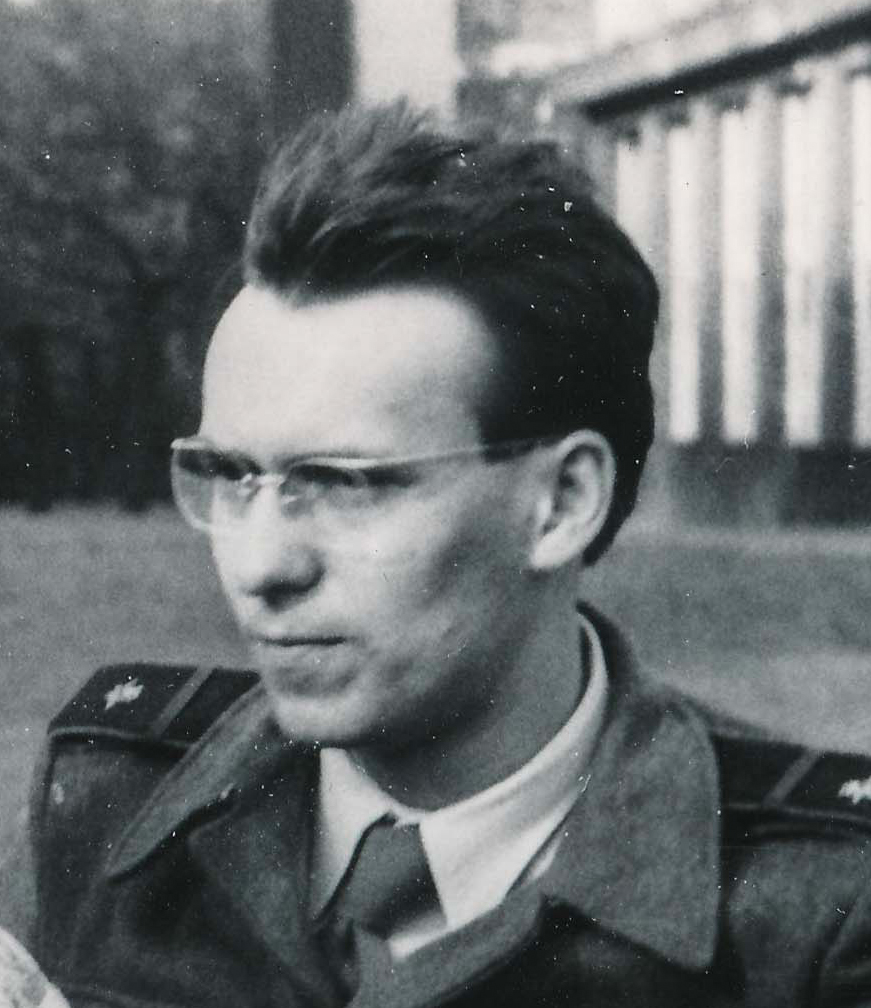Some used the theatre tour to get to the West and emigrate

Download image
Aurel Lesák was born on 12 December 1930 in Prague into the family of Aurel Lesák Sr., a railwayman, and Maria, née Korešová. He had a sister three years younger. The Lesáks moved several times. Aurel grew up in Heřmanice until he was six, then they moved to Louny because of his father’s work. From there, after the Munich Agreement in September 1938, his father was transferred to Tábor. He spent the Second World War and the post-war years in Tábor near the railway station, where the Lesák family had a service apartment. Aurel Lesák describes in detail the conditions and local events of the time, for example, suspicions of sabotage, for which his father was interrogated by the Gestapo, recalls the execution of Tábor citizens during the Heydrichiad, the conditions at school, and American fighters attacking locomotives. At the end of the war, his father sent the family to his grandfather’s house in Sedlec for security reasons, but there, during the May Uprising, there was a bloodbath with many victims. Fortunately, the family escaped it by leaving in time to stay with relatives in a nearby village. After February 1948, as a gymnasium student, he forcibly joined the Czechoslovak Youth Union (ČSM), commuting to youth construction sites in Lipno. In 1951 he graduated from the grammar school and then passed the exams at the Czech Technical University. However, he did not finish his studies and got a job at the railway. From his childhood and youth, thanks to his father and aunt, who were amateur actors, he was in contact with the theatre, and as an adult he helped with the technology at the Spejbl and Hurvínek Theatre. In 1959 he was offered a permanent job there and worked as a sound and lighting engineer until 1999. He travelled all over the world with the theatre. He recalls the political supervision during his foreign travels, his experiences of Josef Skupa, Miloš Kirschner, the invasion of the Warsaw Pact troops in August 1968, the emigration of some members of the theatre, and the theatre strike in November 1989. In 1957 he married the costume designer Božena Lesákova, who also worked for many years at the S+H Theatre.
















